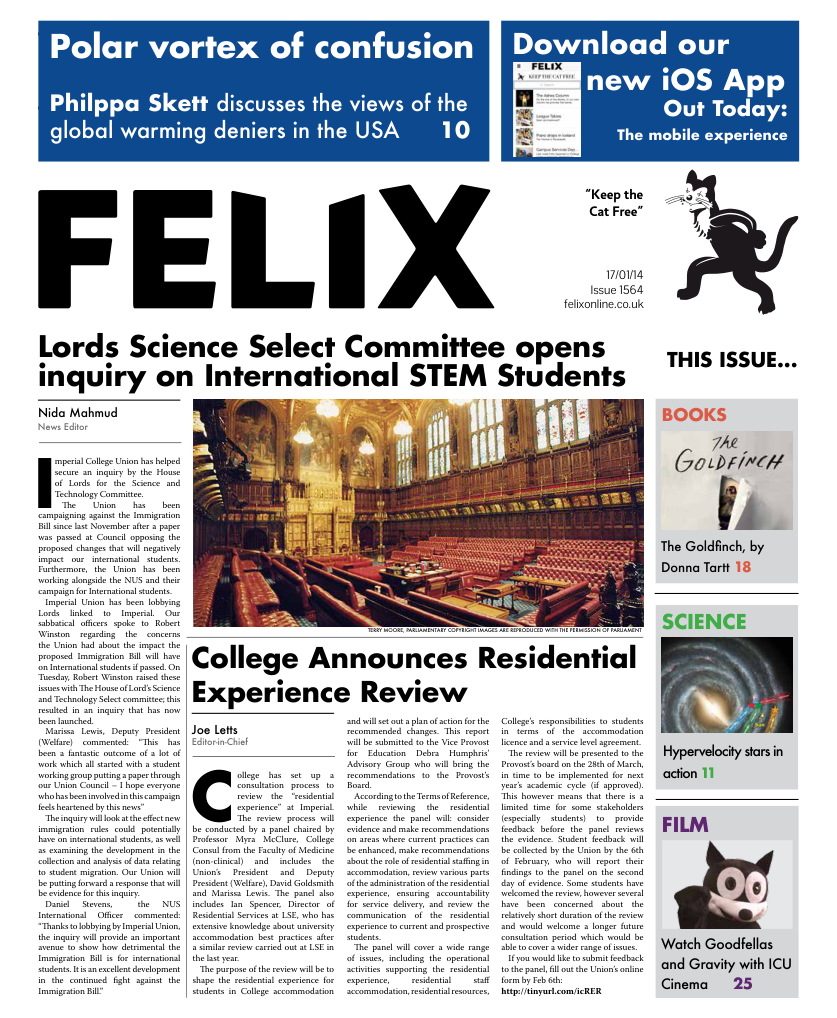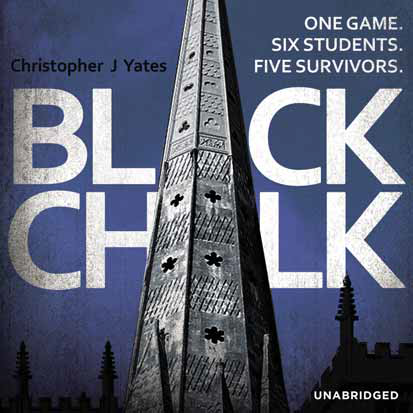Arts Emergency!
How an educational charity is bringing art back to the masses
Present education policy seems to be driven by the political notion that culture should be seen as a ‘luxury’ and a ‘commodity’, and purely in terms of economic utility. In April 2013, arts secretary Maria Miller spoke on the subject of British arts, saying that the argument for continued arts funding must be made primarily on economic grounds, so that it “will get traction, not in the press, but with my colleagues – and with the country at large”.
Meanwhile the reforms to university tuition fees that came into force in 2012 have had a profound and devastating impact on the arts across the UK. Students are applying to study vocational subjects rather than take the gamble and end up with a degree that will leave them up to £36,000 in the red.
“The government is emphasising that culture is a luxury we can’t afford,” said campaigner and fundraiser Neil Griffiths, speaking at the one day conference at Central Saint Martins College of Arts and Design entitled ‘What’s the Point of Art School?’ in May 2013. This idea is reiterated by award winning comedian Josie Long, who believes the liberal arts have been side-lined by a government that sees higher education as a means to employability rather than an end in itself.
Arts Emergency Service is a grassroots project co-founded by Griffiths and Long in 2011. It aims to reverse the trend by “gathering a national network of volunteers to create privilege for people without privilege and counter the myth that university, and in particular arts degrees, are the domain of the privileged.”
Long, who won a place to study English at Oxford despite coming from a family with ‘no connections’ and modest means says that studying the arts ‘changed her life’. She is passionate about giving underprivileged children a chance to explore creative careers and the benefits that it can bring. The project primarily runs the ‘Alternative Old Boys’ Network’, subverting the tradition of alumni from elite schools and universities helping each other to get a leg up in the jobs market. The Alternative Old Boys’ Network gathers hundreds of volunteers working in fine art, theatre, media, comedy, design and more to provide mentoring services. Amongst volunteers from the members of the public, an impressive list of big names are also involved; patrons include the journalists Polly Toynbee and Laurie Penny, artist duo Jake & Dinos Chapman, authors Neil Gaiman and Alan Moore, poet Scroobius Pip, and comedians Stephen K Amos, Stewart Lee and Shappi Khorsandi. Mentors need not even have an arts degree; they include scientists, public sector workers and self-trained artists, the only common factor being their passion for arts education and keeping the door open for students from all backgrounds.
Mentors work with student members aged 16-19 in further education to help pursue a personal goal and explore their options in the arts, media, academia and professions such as Law and Architecture. They are given the opportunity to meet useful people from the network, and give themselves a foundation of confidence and connections on which to build a successful future – on their own terms. Mentors meet students face to face, talk on the phone or email offering information, advice and guidance relevant to their experience. Many also offer work experience, taster days and further access to others in their personal networks. According to Arts Emergency the program has found considerable success in the pilot scheme; each student member that joined is now studying at university or is the process of applying. ‘Graduates’ of the scheme are offered on-going practical support in the longer term through access to the network.
Speaking to the Guardian in 2011, Long said that the “ultimate aim” of Arts Emergency Service is “to reinstate free education for all at a tertiary level.” As well as running the mentoring scheme, Arts Emergency are involved actively in the community by running workshops in schools and sixth form colleges to ‘de-mystify’ creative careers. Members also speak regularly at public events; Josie Long appeared alongside author Phillip Pullman and world-renowned graphic novelist and magician Alan Moore at the 2013 Oxford Literary Festival to discuss ‘what’s the point of the arts?’ and whether the arts and humanities can survive in times of economic hardship. In addition to positive propaganda, in order of raise money for the arts education cause, in 2014 Arts Emergency will run the ‘Student Debt Lottery’ in which winners get some and possibly all of their debts paid off.
Ironically, the government’s withdrawal of support for humanities higher education is likely to prove to be a short sighted decision. The July 2013 report ‘Humanities Graduates and the British Economy: The Hidden Impact’ conducted by the University of Oxford has found that 80% of all Oxford humanities graduates go on to be employed by key economic growth sectors such as finance, law, media, and education. This trend is almost universal across universities. Employment trends indicate clearly that Humanities higher education is not a disadvantage for graduates in a highly competitive economy; in fact the creativity, literate, critical, and communication skills that have long been the core of Humanities-based higher education have proven appeal to employers.
In lieu of government funding, the mantle of keeping the arts alive seem to have fallen to charities such as Arts Emergency, and if successful, its work and the work of similar projects will no doubt be claimed as a victory for the ‘Big Society’ in operation by the Tories in the years to come. Meanwhile the public can support the Arts Emergency Service by joining up to be a mentor or donating at their website: www.arts-emergency.org




